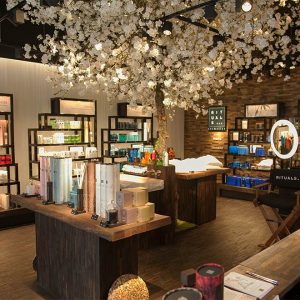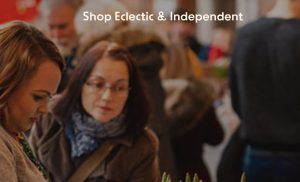Bee talk creates a real buzz for Birmingham restaurant

A BIRMINGHAM restaurant is creating a real buzz with its latest event…a lively conversation on how to save one of Europe’s most endangered species – bees.
Opus at Cornwall Street will be bringing together some of the region’s leading bee specialists for its latest ‘Opus In Conversation’ series, which takes place at the Cornwall Street venue on July 15.
The discussion will focus on how the demise of the insects would have a detrimental effect on the economy, environment and diet, and what steps should be taken to save them.
Since the 1900’s, the UK has lost 20 species of bees with a further 35 currently considered under threat of extinction. Without these intriguing insects, it is estimated that a third of our diet would be lost due to the catastrophic effect it would have on crops and it is estimated that UK farmers would have to pay out £1.8bn a year to pollinate their produce without them.
While environmental factors, such as heavy rainfall during summer, has affected the number of bees, other factors such as a shortage of hives in urban areas, lack of education on how to look after them, and farmers using neonicotinoids – a bee-killing pesticide – have all played a part.
On the panel is Sharif Kahn, President of Birmingham & District Beekeepers Association (BDBKA), Professor Keith Walters, specialist in invertebrates and researcher into neonicotinoids at Harper Adams University and Simon Needle, Ecologist, Woodland and Conservation Manager at Birmingham City Council. They will be giving their top tips on how to better our gardens, streets and cities to stop bee numbers declining.
Ann Tonks, director of Opus at Cornwall Street, said: “Bees are in serious danger at the moment and yet, we don’t feel enough people are aware of how quickly their numbers are declining. That’s why we’ve taken action and dedicated an ‘Opus In Conversation’ to them, to get the people of Birmingham talking and acting to save our bees.
“Bees play a fundamental part in our society. They are a key pollinator to a lot of the delicious produce we like to serve in our restaurant. In fact, every dish in our restaurant relies on bees, from tomato to thyme, and without them, our diet would change drastically.
“We’re thrilled to have gathered some of the region’s most knowledgeable professionals and can’t wait to hear their thoughts and advice.”
Sharif Khan added: “I originally became a beekeeper as a hobby, however, 10 years and 30 hives later, beekeeping has become much more than just a casual pastime. I find everything about bees fascinating – from understanding how a colony progresses over the season and working with them to ensure they are strong and healthy – they are such intelligent insects.
“It’s really disheartening to hear that some species of UK bees run the risk of extinction. As a community, I fully believe we can take action and stop this from happening.
“I look forward to discussing with people at Opus’ event how simple changes in the garden can have a big, positive impact for bees, while still keeping keeping it an enjoyable, safe space for the whole family.”
The ‘Opus In Conversation: Bees In The City’ debate at Opus at Cornwall Street is a free ticketed event and will take place on July 15 from 5.30pm. Audience members will be encouraged to field questions to the panel before the discussion.
For tickets, call 0121 200 2323.
Top 10 bee facts:
1. Although the most popular species of bees in the UK are the bumblebee and honeybee, there are actually over 260 species of bees living on our isle.
2. Only 10% of bee eggs are male.
3. Most normal honeybees live for 40 days whereas the Queen Bee can live up to five years.
4. At the height of summer, an average of 35,000 bees live in a single hive.
5. Honeybees are speedier than they look. They fly at around 16mph and beat their wings 200 times per second.
6. The Queen Bee lays approximately 2,500 eggs a day in summer.
7. Bees talk to each other through dance. To share information about the best food sources, they perform their ‘waggle dance’.
8. One bee will only make 1/12 of a teaspoon of honey in its entire life.
9. Beekeepers only take the honey that bees do not need but this can be as much as 45kg from one hive.
10. There are currently 110 beekeepers in Birmingham with an age range of 12-92. Anyone can become a beekeeper through a course held by the BDBKA.









